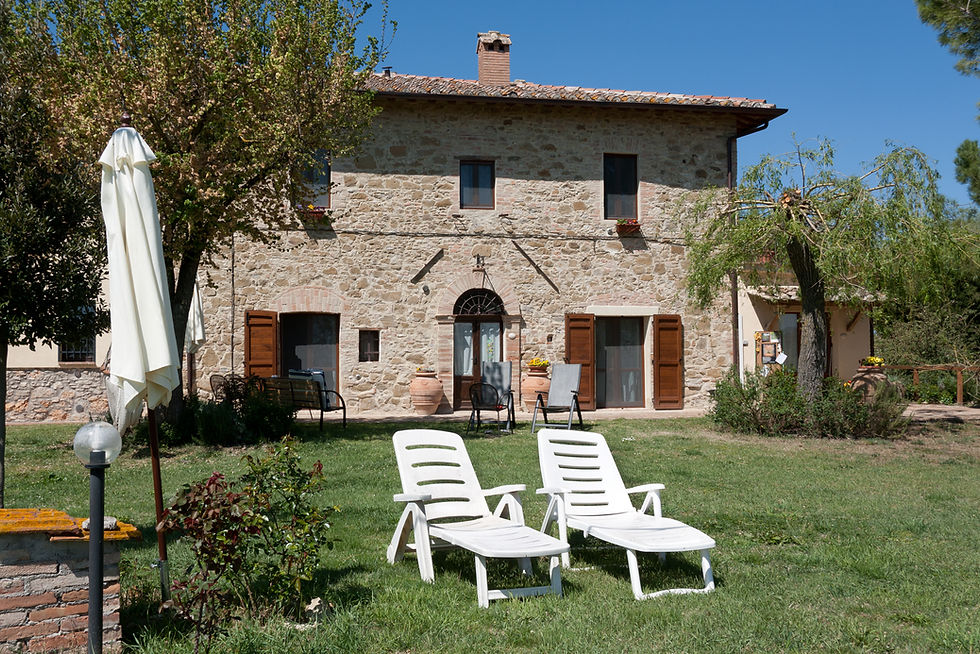

With unemployment and financial tension on the rise, homeowners are exploring alternative sources of income to stay afloat. One option, short-term house rentals, has been made popular in recent years by AirBnB and competitors like FlipKey and FRBO.
The concept of renting out one’s furnished home by the month, the week, or even one night can be risky, but the potential to earn significantly more income than with a standard lease is attracting more homeowners to assume the risk.
Your local government does not permit short-term rentals. If municipal restrictions prohibit short-term rentals, you can face serious repercussions for registering your property and/or accepting short-term renters. Fines and court costs can be steep.
Your home owners association or landlord prohibit short-term rentals. Civil lawsuits can be costly if you are found to be in breach of your contract or agreement with other parties, including a home owner’s association or your lease terms. To avoid costly errors and liability, be sure of your rights and responsibilities before considering making your home into a short-term rental.
You want your neighbors to like you. Neighborhoods do not necessarily like short-term rental operations, whether it’s because of honest mistakes or the occurrences of crime. The potential for additional traffic, noise, and disruption from everyday residential neighborhood life will not be a welcome change to your neighborhood. Take precautions against eyesores and disruptive behavior by establishing clear policies, renter communication, and security to avoid problems before they occur.
If you’ve been able to mitigate all of the legal and neighborly considerations and decide to register your home with a short-term rental platform, be sure to register your property with your municipality as a rental and take steps to pay your local Occupancy Tax.
Capital Disposal

コメント